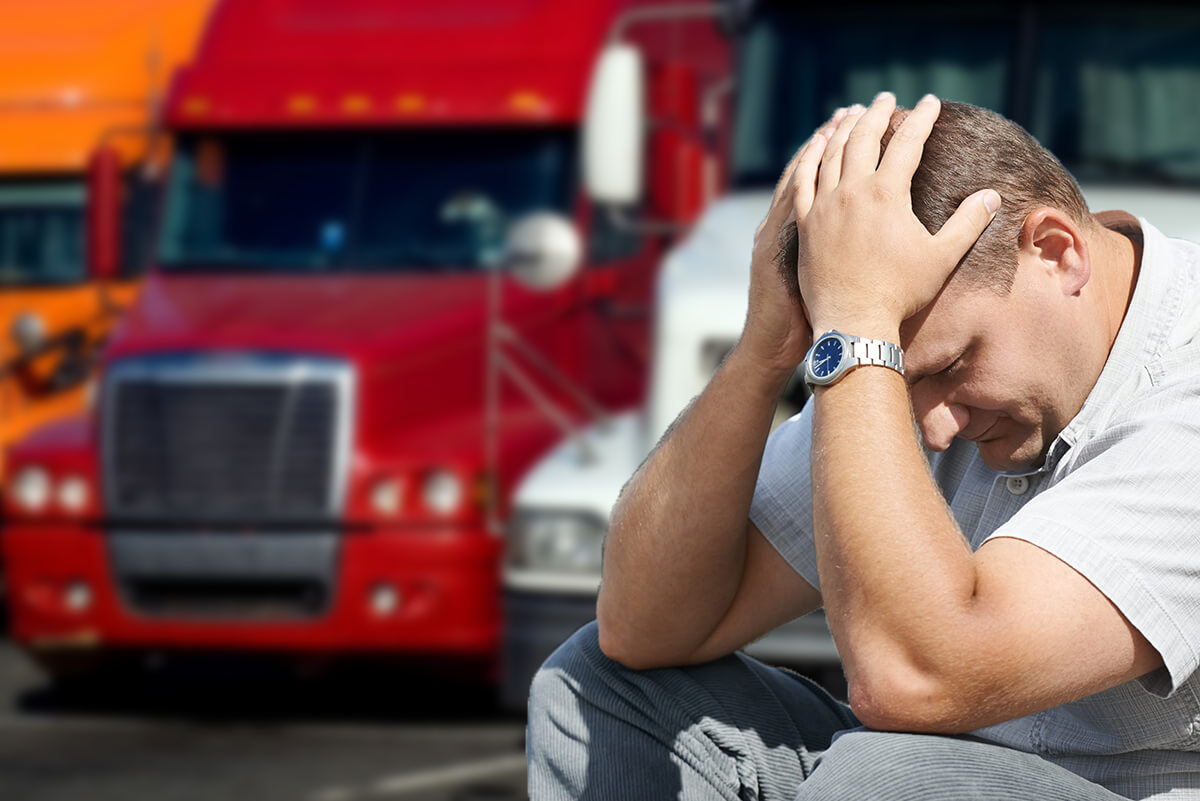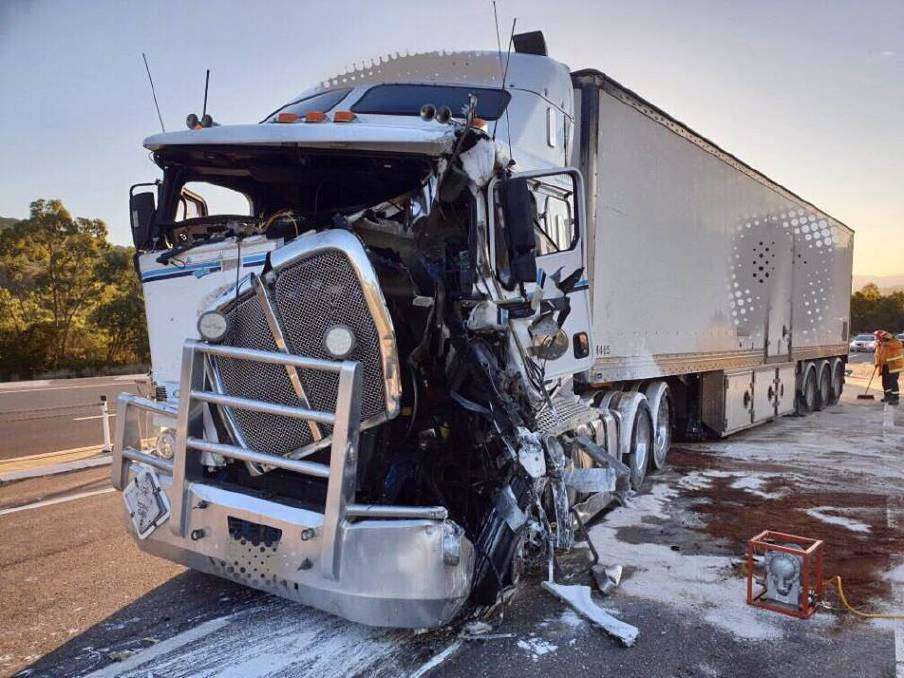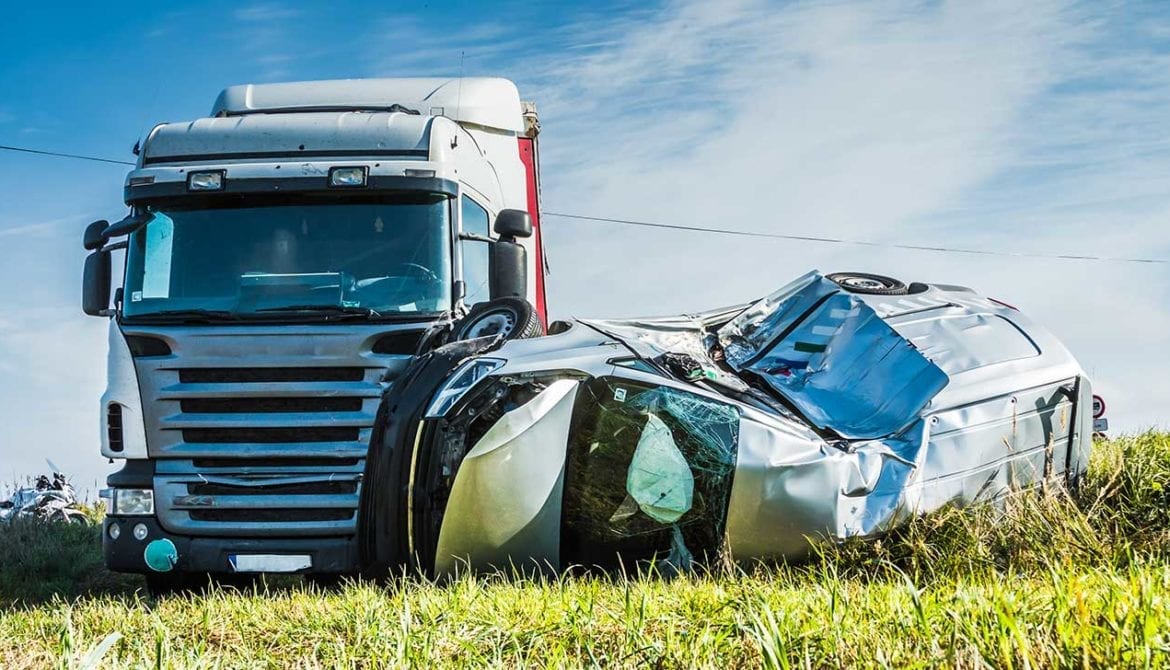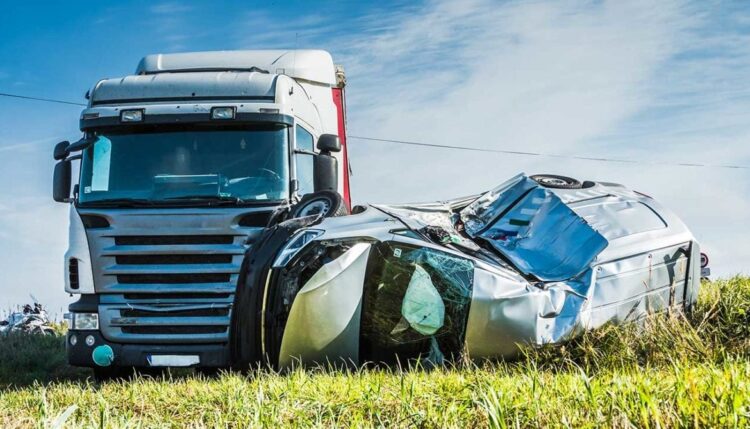
Types of Truck Wreck Cases

Truck accidents can occur in various ways, resulting in different types of cases. Understanding the specific type of accident is crucial for determining liability and pursuing legal action.
Head-on Collisions
Head-on collisions occur when a truck and another vehicle collide directly, often resulting in severe injuries or fatalities. These accidents are often caused by driver fatigue, distraction, or reckless driving.
Rear-end Collisions
Rear-end collisions involve a truck striking a vehicle in front of it. These accidents can be caused by tailgating, distracted driving, or mechanical failures. While typically less severe than head-on collisions, they can still cause significant injuries.
Side-impact Collisions
Side-impact collisions, also known as “T-bone” accidents, occur when a truck collides with the side of another vehicle. These accidents can be caused by running red lights, failing to yield, or driving under the influence of alcohol or drugs.
Rollover Accidents
Rollover accidents involve a truck flipping over onto its side or roof. These accidents are often caused by excessive speed, improper loading, or mechanical defects.
Underride Accidents
Underride accidents occur when a smaller vehicle, such as a car, slides beneath the rear of a truck. These accidents are often caused by tailgating or improper braking, and can result in severe injuries or death.
Causes of Truck Wrecks

Truck wrecks are often catastrophic events that can result in severe injuries or even death. Understanding the common causes of truck wrecks can help drivers take steps to avoid these dangerous situations.
There are many factors that can contribute to a truck wreck, including:
Driver Fatigue
Truck drivers often work long hours and may be fatigued behind the wheel. Fatigue can impair a driver’s judgment, reaction time, and ability to make safe decisions.
Speeding
Speeding is a major factor in truck wrecks. Trucks are large and heavy, and they take longer to stop than smaller vehicles. When a truck is speeding, it is more difficult for the driver to control the vehicle and avoid a collision.
Distracted Driving
Distracted driving is a major problem for all drivers, including truck drivers. When a truck driver is distracted by talking on the phone, texting, or eating, they are not paying full attention to the road and are more likely to cause a wreck.
Alcohol or Drug Impairment
Alcohol and drug impairment can significantly impair a driver’s ability to operate a vehicle safely. Truck drivers who are under the influence of alcohol or drugs are more likely to cause a wreck.
Mechanical Failures
Mechanical failures can also contribute to truck wrecks. These failures can include brake problems, tire blowouts, and engine failures. When a truck’s mechanical systems fail, it can make it difficult for the driver to control the vehicle and avoid a collision.
Legal Considerations
Truck wreck cases involve complex legal issues that can impact the outcome of your claim. Understanding these considerations is crucial to protect your rights and maximize your compensation.
Negligence
Negligence refers to the failure of a party to exercise reasonable care, resulting in harm to another. In truck wreck cases, negligence can be established by proving that the truck driver or trucking company breached their duty of care, causing the accident and subsequent injuries.
Liability
Liability refers to the legal responsibility for the damages caused by an accident. In truck wreck cases, liability can be determined based on various factors, including negligence, comparative negligence, and vicarious liability.
Comparative Negligence
Comparative negligence laws allow for the apportionment of fault between multiple parties involved in an accident. In states with comparative negligence laws, the plaintiff’s recovery may be reduced in proportion to their own degree of fault.
Statute of Limitations
The statute of limitations refers to the legal time limit within which a lawsuit must be filed. Failure to file a lawsuit within the prescribed time period can result in the loss of your right to seek compensation.
Finding a Truck Wreck Lawyer
After a truck accident, finding a qualified lawyer is crucial for protecting your rights and maximizing compensation. Here are some steps to consider:
Ask for Referrals
Personal referrals from trusted sources like friends, family, or other attorneys can provide valuable insights into a lawyer’s experience and reputation.
Search Online Directories
Online directories such as Avvo, FindLaw, and Lawyers.com offer searchable databases of attorneys specializing in truck wreck cases.
Contact Local Bar Associations
Local bar associations can provide referrals to experienced truck wreck lawyers in your area.
Choosing the Right Lawyer
After a truck wreck, it’s crucial to find the right lawyer to represent you. Here are some factors to consider:
Experience
Choose a lawyer who has extensive experience handling truck wreck cases. They should be familiar with the laws and regulations governing truck drivers and trucking companies, and have a proven track record of success in obtaining favorable outcomes for their clients.
Success Rate
Inquire about the lawyer’s success rate in handling truck wreck cases. A lawyer with a high success rate is more likely to achieve a positive outcome in your case.
Fees
Discuss the lawyer’s fees upfront. Some lawyers work on a contingency basis, meaning they only get paid if they win your case. Others charge an hourly rate. Make sure you understand the fee structure before hiring a lawyer.
Communication Style
Choose a lawyer who is responsive and easy to communicate with. You should feel comfortable discussing your case with them and asking questions. A good lawyer will keep you informed of the progress of your case and answer your questions promptly.
Working with a Truck Wreck Lawyer

Hiring a truck wreck lawyer can significantly impact your case’s outcome. They have the expertise and resources to navigate the complex legal process and maximize your compensation.
Gathering Evidence
Your lawyer will gather evidence to support your claim, including:
– Police reports
– Medical records
– Witness statements
– Photographs of the accident scene
– Expert testimony
Negotiating with Insurance Companies
Insurance companies will often try to minimize your settlement offer. Your lawyer will negotiate with them on your behalf, fighting for a fair settlement that covers your damages.
Filing a Lawsuit
If negotiations fail, your lawyer may file a lawsuit against the responsible parties. This will initiate the legal process and allow you to seek damages through the court system.
Going to Trial
If a settlement cannot be reached, your case may go to trial. Your lawyer will represent you in court, presenting evidence and arguing your case before a judge or jury.





